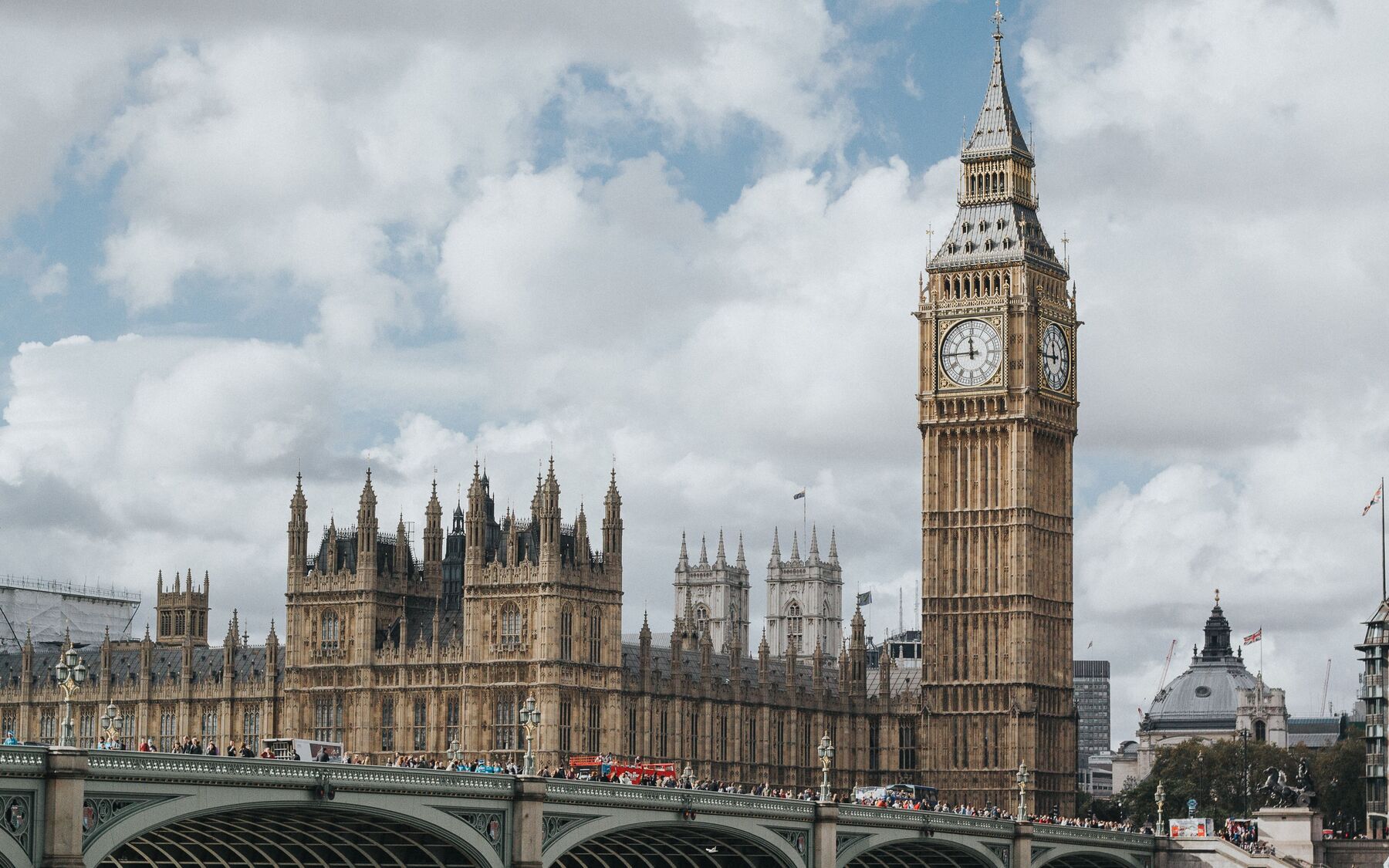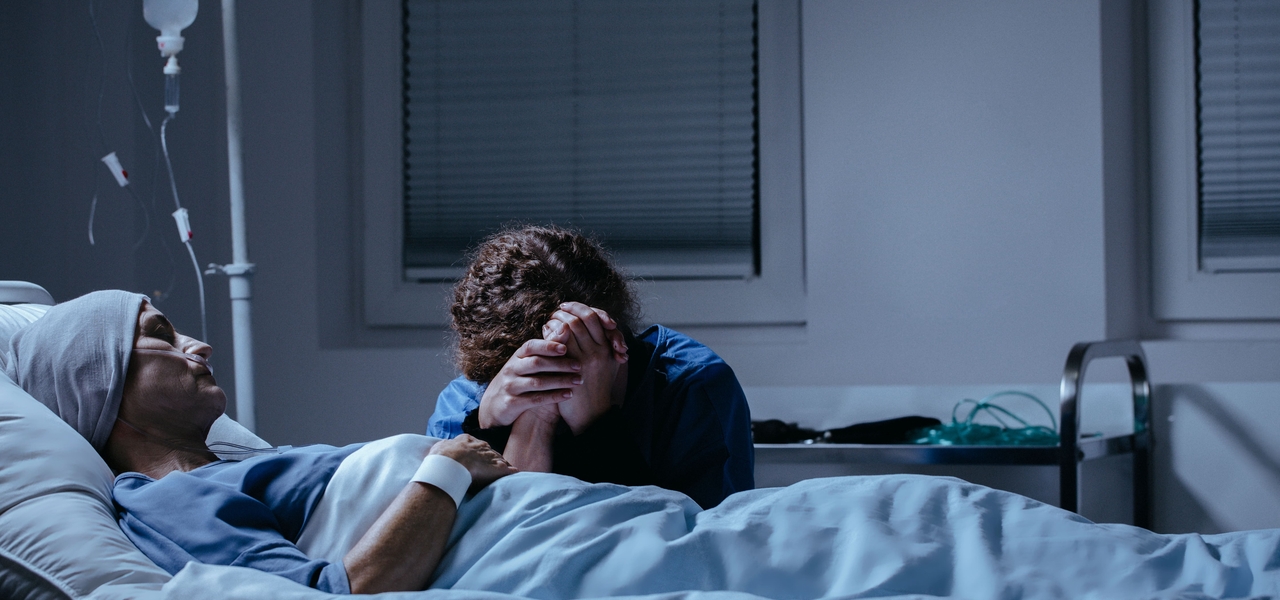A better story
All life has intrinsic value and dignity – regardless of its condition. We recognise how immensely difficult it is to suffer or to see a loved one enduring pain, but, as Christians, we are called to protect those who are vulnerable and assist people to live – not to commit suicide.
And we want to advocate for a better way: excellent palliative care, so that those approaching life's natural end can have confidence that death can be dignified and pain can be managed.
Contact your MP about assisted suicide
We are acutely concerned about Labour MP Kim Leadbeater's assisted suicide Bill in the Commons. If passed, it would allow people diagnosed with a terminal illness to get lethal drugs from a doctor, which they can use to end their life.
It is so important that MPs hear from their constituents on this issue especially as it is being rushed through in haste without much chance for debate. Please click the button below to use our email tool.

Resources

In-Depth
Video

You matter because you are you, and you matter to the end of your life. We will do all we can not only to help you die peacefully, but also to live until you die.
More Resources

Biblical Deepdive
Topic Guide
Looking for a resource to give out at your church to help people understand the key issues at play around Assisted Suicide?
This guide by CARE examines the ethical, legal, and societal aspects of assisted suicide, presenting evidence, diverse perspectives, and a Christian viewpoint to inform balanced debate.
To order hard copies of the Topic Guide, please contact us at mail@care.org.uk.
News about Assisted Suicide
-

 World’s first face transplant using assisted suicide donor performed in Spain
World’s first face transplant using assisted suicide donor performed in SpainSurgeons in Spain have carried out what is believed to be the world’s first facial transplant using tissue from a donor who chose assisted suicide.
Assisted Suicide
-
Assisted suicide bill could bypass the Lords
Assisted Suicide
-
States of Jersey approve first reading of assisted suicide bill
Assisted Suicide
-

 Senior MSP withdraws backing for assisted suicide bill in Scotland
Senior MSP withdraws backing for assisted suicide bill in ScotlandA senior member of the Scottish Parliament has withdrawn their support for Liam McArthur’s legislation for assisted suicide in Scotland, and other MSPs are believed to be considering changing their stance as…
Assisted Suicide
-

 Poll suggests public support peers voting down assisted suicide bill
Poll suggests public support peers voting down assisted suicide billA new poll has found that 70% of the public believe that the House of Lords have the right to vote against non-government legislation. This comes as peers continue to scrutinise the…
Assisted Suicide
-
Campaigners ask for extra time to consider Assisted Suicide Bill
Assisted Suicide
-
Peers granted more time to scrutinise assisted suicide bill
Assisted Suicide


